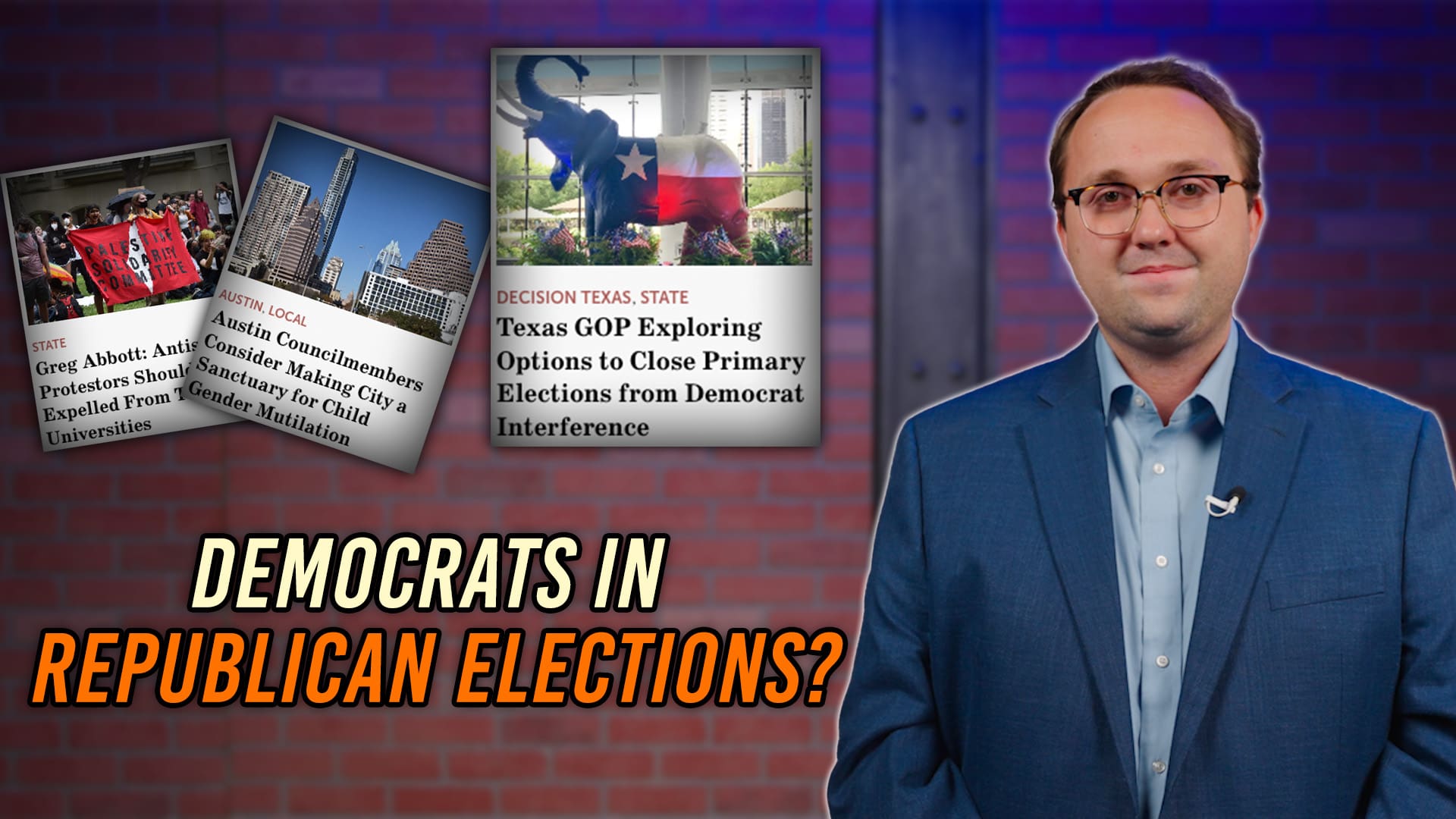As dean of the Harvard Law School, President Obama’s Supreme Court nominee, Elena Kagan, attempted to block military recruiters from the campus, but only relented when the Supreme Court ruled that the federal government could withhold millions of dollars of funding to the university. This position didn’t sit well with then-Dean Kagan, who said at the time: “The government shouldn’t use the power of the purse strings to force educational institutions to renounce their most foundational principles.”
While certainly not advocating for judicial activism, Ms. Kagan’s statement, one she made to protestors in 2004, may not be a bad sign for Texas taxpayers. Particularly, if confirmed, she consistently applied her view as a Supreme Court Justice.
Don’t hold your breath though. As we know, liberals often reserve the right to be inconsistent.
While Ms. Kagan sought to protect an elite university from federal encroachment, does she think this same protection should be afforded to the states? After all, the 10th Amendment to the U.S. Constitution is meant to rest powers not assigned to the federal government with the states.
Since taking office, the Obama Administration has been vigorously using the federal government’s power of the purse strings to coerce states into changing their foundational principles.
In the area of the Unemployment Insurance (UI) program, which is operated by the state, President Obama’s cronies in Washington tried to force Texans to pick up the tab for a major expansion, by offering $555 million in stimulus funding for the program during the last legislative session.
Republican Gov. Rick Perry fought off this federal encroachment by rejecting this ploy. He was supported by groups like Empower Texans, the Texas Conservative Coalition, the Texas Public Policy Foundation, the National Federation of Independent Business, the Texas Association of Business, and many others. They knew that when the federal money ran out, the state would be on the hook, requiring higher taxes for Texans.
Some have suggested the state should probably have accepted the money for differing reasons, including the Republican Lt. Governor, David Dewhurst. In a recent interview, he said, “I probably would have taken the money…but there were some strings.”
However, because it was not his decision to make, Lt. Gov. Dewhurst qualified his remarks by reasonably adding, “I did not look at a number of these elements in the details. But the governor felt there were stings attached which would hurt Texas. I respect that. If I came to that same conclusion, I would have made the same decision.”
On the other hand, it looks like Bill White, a liberal Democrat running for governor, and some Republican legislators, including state Sen. Kevin Eltife (R-Tyler) and state Rep. Jim Pitts (R-Waxahachie), would prefer the state to have acquiesced to this federal coercion site unseen, or at least with limited information.
In another area of federal encroachment, ObamaCare could destroy our state’s economy by requiring major tax hikes in order to pay for the obligatory expansion of the state’s Medicaid program. Legal minds have suggested this legislation is also on shaky Constitutional grounds over the individual mandate, which would require all Americans to purchase a private insurance plan under threat of IRS enforcement.
Joined by other states, Texas’ Republican Attorney General, Greg Abbott, has filed a lawsuit to fight the federal government over ObamaCare. It probably won’t be fully resolved until it reaches the Supreme Court.
While doubtful, perhaps, Ms. Kagan’s views on coercive federal mandates will become better known when the U.S. Senate Judiciary Committee – which includes U.S. Sen. John Cornyn (R-Texas) – begins its deliberations.



